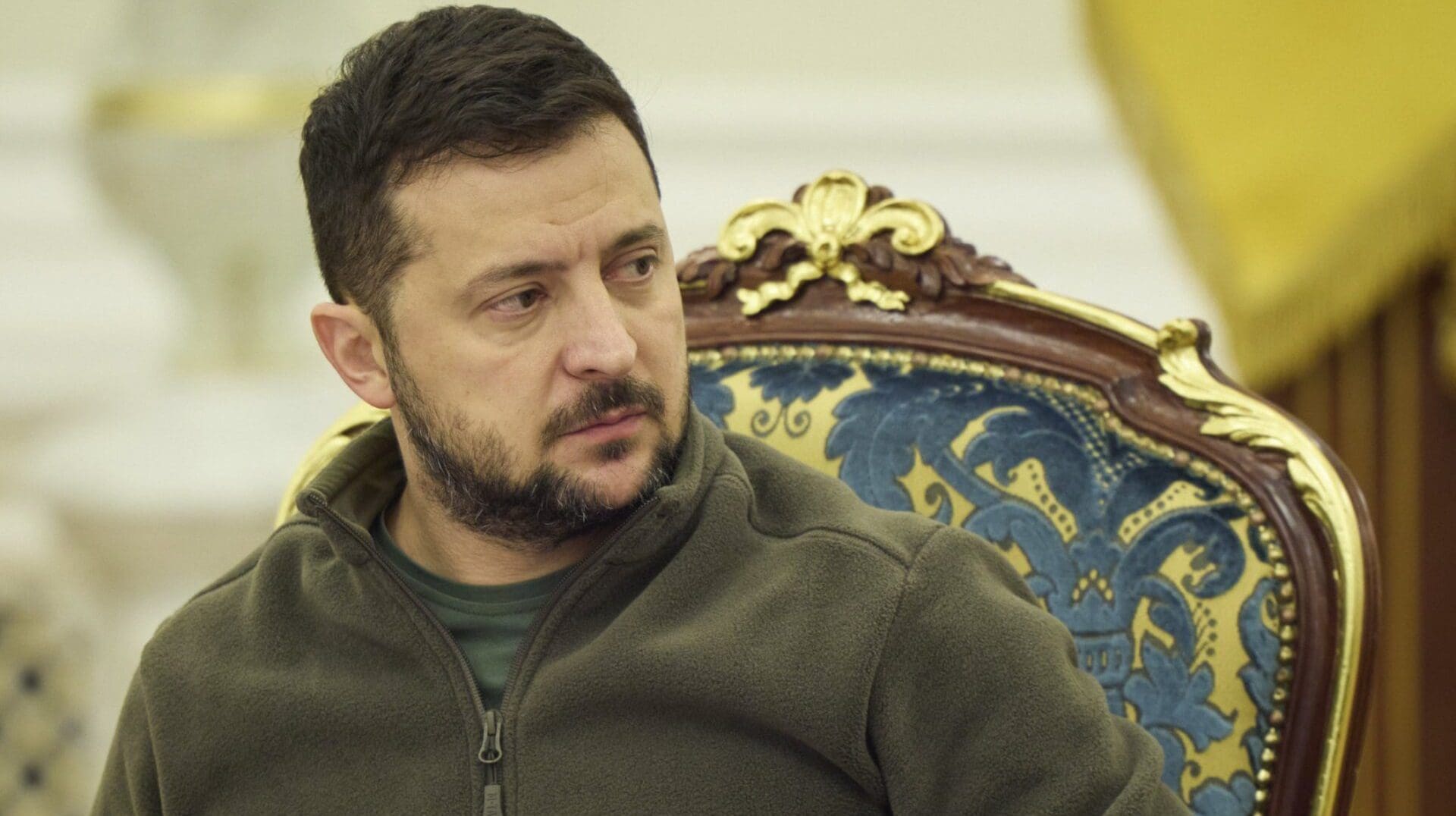The major international news site POLITICO has recently run a piece that was willing to break from the standards of the Western mainstream media narrative. The article published on 21 March points out that while Ukrainian President Volodymyr Zelenskyy is at times quick to criticise other nations for not going against their own interests and completely break ties with Russia, he himself is reluctant to cut relations with another nation with questionable practices, China.
China has become the most important trading partner of the belligerent Russians, as they are not going along with any of the sanctions imposed on Moscow by Western countries. Earlier this month, seaborn oil imports from the Eastern European nation to China hit a record high at 43 million barrels in a month. What’s more, some fear China will eventually be willing to supply Russia with arms and ammunition—something they have not yet done and have denied the intent to do—based on increased levels of military production capabilities in the country.
Chinese President Xi Jinping has just completed his first visit to Moscow to meet with President Putin since the invasion of Ukraine. This seemed like a perfect opportunity for Zelenskyy to hit an aggressive tone again and speak out against China for their close relations with the Kremlin. However, as the POLITICO piece points out, he decided to take a different route this time.
Instead, Zelenskyy was eager to arrange a phone call with the Chinese premier visiting his nation’s aggressor next door.
The author also cites US Security Advisor Jake Sullivan, who was in favour of a discussion between Kyiv and Beijing leadership over the phone. However, despite all that, no reports came of that call ever taking place.
Ukraine went as far as abstaining from a UN vote condemning the People’s Republic of China for their persecution of the Muslim Uyghur minority in the Eastern regions of their country. All this in an effort to court China to remain its largest trading partner, and to get them on their own side in the conflict (which is highly unlikely), or at least get them to serve as a mediator.
These acts are especially curious when we take into account that Zelenskyy, along with political leaders and mainstream media in the West, has been quite willing to attack Hungary on moral grounds when he felt Budapest was lacking in the ferociousness of its attempts to hinder Putin in his war efforts.
Back in March 2022, shortly after the invasion started, President Zelenskyy even asked Prime Minister Orbán to visit the Holocaust memorial on the Danube bank in Budapest, implying that
his inaction towards Russia is comparable to what Nazi collaborator leaders did during World War II.
More recently, US Ambassador to Hungary David Pressman called on the Hungarian government to move closer to its ‘Transatlantic Allies and partners’ in the conflict, while the US envoy he had met with before making his statement reportedly told Hungary to take a more aggressive stance against Putin. PM Orbán was even criticised by a British journalist for an issue as petty as not applauding President Zelenskyy as he was walking a red carpet for a photo op with EU leaders.
Thankfully, even POLITICO pointed out the hypocrisy in all this. The very first paragraph in the article names Hungary as one of Zelenskyy’s favourite targets to attack for their supposed too-soft stance towards Russia, along with Germany.
Back in February, our site published an article about the fallacious approach of basing foreign policy and diplomacy on strictly moral or ideological grounds, as opposed to pragmatism. Many times, it seems that it’s the former approach was the Western mainstream and Ukrainian leadership is demanding from Hungary, especially when it comes to the Russo-Ukrainian war. However, Ukraine itself has proven to be quite willing to turn a blind eye to the transgressions of China for very pragmatic reasons.
It seems practical stances in foreign policy are allowed after all, until some powerful figures in politics and media choose to stir up some selective outrage.







